By Nardine Ali / Cairo
On September 13, a meeting took place between the Egyptian President Abdel Fatah Al-Sisi and Israeli Prime Minister Naftali Bennett at the Red Sea resort of Sharm El Sheikh upon the invitation of President Sisi. The meeting carried significant meaning and importance for both countries and both leaders at a very critical time.
The abnormal guest at this meeting was the press’ cameras, as the event was public and announced days before the visit in a rare phenomenon between two countries that have had a cold peace for over four decades. The last time an Israeli prime minister came to Egypt was Benjamin Netanyahu in May 2018, where he met with Sisi to discuss some arrangements concerning the Gaza Strip and the ceasefire between Israel and Hamas. Preparations for an official visit by Netanyahu were underway in December 2020, but were cancelled when Netanyahu lost his position.
Egypt was the first Arab country to sign a peace deal with the Jewish state in 1979, but it has remained a cold peace, with anti-Israeli sentiment prevalent among Egyptians and ties between the countries mostly conducted in non-public channels. So, what has changed?
The announced purposes of the visit were enhancing the truce between Tel Aviv and Gaza, resuming the peace negotiations with the Palestinian Authority and discussing the efforts to reconstruct the devastated Gaza Strip. However, these talking points were for media consumption, and not the true reason behind the rare visit.
The Egyptian media has celebrated the meeting as a assurance of Egypt’s status as the official broker of the Palestinian cause and the leader of the region, which did not need an official Israeli visit to confirm it; Egypt’s capabilities manifest in every war that erupts in Gaza, the latest was last May when Egypt brokered the truce and pledged $500 million to reconstruct the strip. Mr Sisi is not looking for a propaganda opportunity to showcase his heroism, he seeks something else.
Apparently, Sisi is not a favored leader for Biden’s administration, which translated into cutting out $130 million from the military aid given to Egypt every year over human rights concerns, according to Reuters. Despite that there was no official announcement of withholding the aid, Sisi rushed into announcing a five-year plan to improve the human rights conditions in the country in a public event attended by the government and military personnel with a complete absence of the civil society or representatives of Egyptian of foreign NGOs, calling it “The National Strategy for Human Rights 2021-2026.”. There, promised procedures to improve the livelihood of the Egyptians, mentioning nothing about the arbitrary arrests nor the 60,000 political prisoners, nor the mass executions that have taken place since he rose to power.
Sisi watched Bennett’s recent visit to the White House closely, where he saw the warm welcome he was given by Biden and his administration, leaving no doubt that he would be the perfect mediator in bridging the differences between Sisi and his US counterpart.
In the carefully-edited report that was showcased in the Egyptian media, the focus was on Sisi’s remarks on the Grand Ethiopian Renaissance Dam, saying: “We spoke about the Renaissance Dam on the Nile. There’s understanding on this issue and we’re trying to deal with it through negotiations and dialogue, to reach an agreement on this issue which is important to us and we see it as a matter of life and death.”
Sisi is fully aware that Israel cannot help him with this matter, as he asked the Jewish state to mediate before and met with rejection due to Israel’s huge interest with the Ethiopian government, but he cared to emphasize this issue before cameras to convince the viewer, who was raised hating Israel, that the enemy is now working in their favor.
In return, what Bennett needs is a long term calmness in Gaza, as his government is too divided to handle another conflict with the Palestinians, as well as making sure that the next Palestinian Authority does not have Mahmoud Abbas on top of it. Another concern of Mr Bennett is Biden’s retreat from the Middle East, which leaves more room for Iran to intervene and take further ground – a nightmare Israel cannot allow. That is why it returned to its neighbors for help and to unify a front that can stand in the face of the “Islamic Republic”.
“Egypt expects Israel to help it find a solution to the dam problem. This expectation, however, is about as realistic as Israel expecting Egypt to lead the Arab world in a war against Iran and Hamas. We can only hope it’s clear to both Bennett and Sisi what the two countries can and cannot do to help one another,” Israeli lecturer in the Middle East History Department at Tel Aviv University Eyal Zisser said in an article published by Israel Hayom.
On the other hand, the media sponsored by the GCC countries were not watching silently: they highlighted the importance of the visit, however, they downplayed its outcomes. Asharq Al-Awsat, for example, reported that Sisi has suggested organizing a quartet summit including Sisi, Mahmoud Abbas, Jordan’s King Abdullah and Bennett. The Israelis refute the news immediately, responding that they were unfamiliar with the idea and that in any case Bennett has no intention of meeting with Abbas. The news was seen as an attempt of the Saudi newspaper to embarrass the Egyptian president before the Palestinians and the Egyptians.
A few hours after the meeting, Egyptair resumed its flights to Tel Aviv after a four-decade halt, as the two leaders affirmed during and after the meeting that the talks addressed the economic cooperation opportunities. However, we will not have to wait for long until the true results of the visit are made clear, whether it will be translated in the East Mediterranean Gas Forum that includes the two countries among six others, or an agreement with Turkey to fade its presence on Egypt’s western borders (Libya). However, we should still not hold our breath waiting to see Sisi waving to the cameras at the gates of the White House.







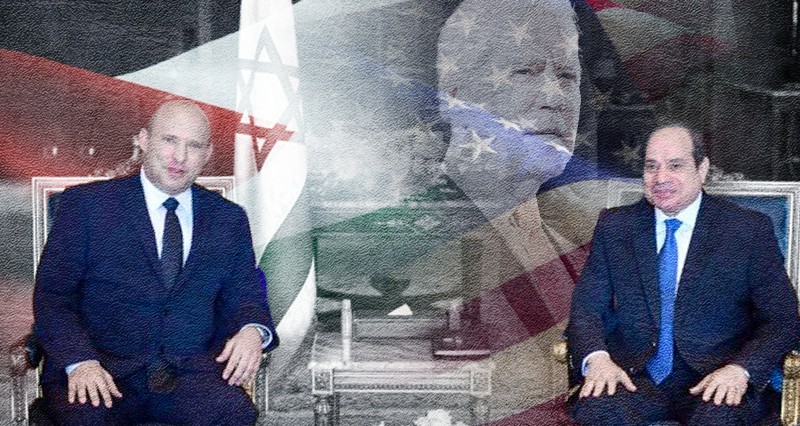

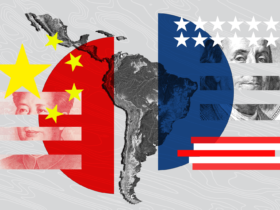


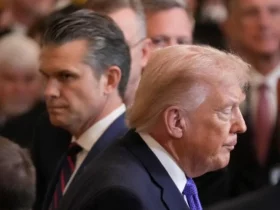
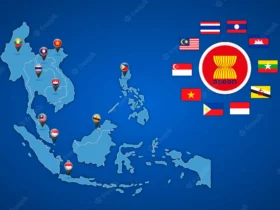
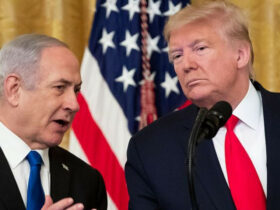


Leave a Reply